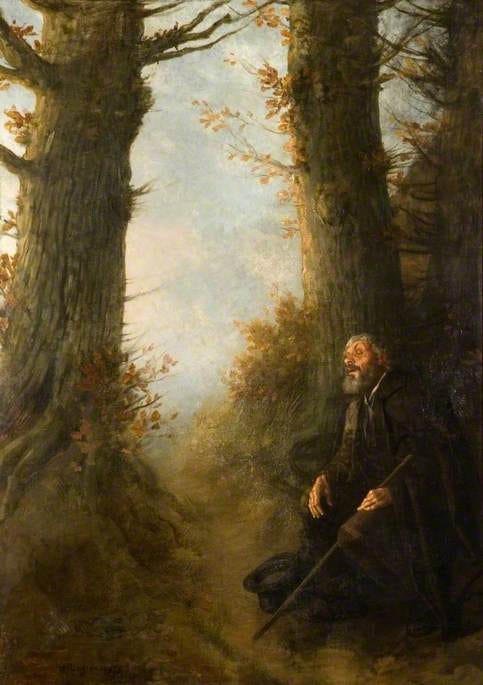The Endless Journey
By: Thomas Merton
Man instinctively regards himself as a wanderer and wayfarer, and it is second nature for him to go on pilgrimage in search of a privileged and holy place, a center and source of indefectible life. This hope is built into his psychology, and whether he acts it out or simply dreams it, his heart seeks to return to a mythical source, a place of “origin,” the “home” where the ancestors came from, the mountain where the ancient fathers were in direct communication with heaven, the place of the creation of the world, paradise itself, with its sacred tree of life.
From Thomas Merton’s essay “From Pilgrimage to Crusade.”
Thanks again for reading! If you enjoy the content I publish on this page and want to keep me happy and caffeinated, you can buy me a coffee here. I appreciate your consideration and support. Cheers!




Merton made a considerable contribution in the evolution of Christian spirituality at an important time of deep and profound turmoil. His tragic, premature death by electrocution in Thailand, while at a conference in 1968, came at a time of devastation in the world: The brutal year of the Tet Offensive, the assassinations of Martin Luther King and Robert Kennedy, the arrest of Daniel Berrigan and the Catonsville Nine, the police brutality at the Democratic convention in Chicago and the election of Richard Nixon.
Merton’s exciting and influential religious autobiography — a spiritual, highlight of its generation, perhaps of the century, The Seven Storey Mountain, had a deep impact on me and many people I know, most of us not Catholic, but hippies and other rebels who were simply seeking answers. We were indeed looking for our real home. And the journey continues.
Only our imagination can be truly limitless, life itself is broken up by hurdles, hurdles are wished for sometimes by us, by others, even by nature, we might slow down, we might feel cheated of our time, but these hurdles are needed to rest, to reflect, to consider, to charge our batteries for the endless journey here on earth, forever beyond.